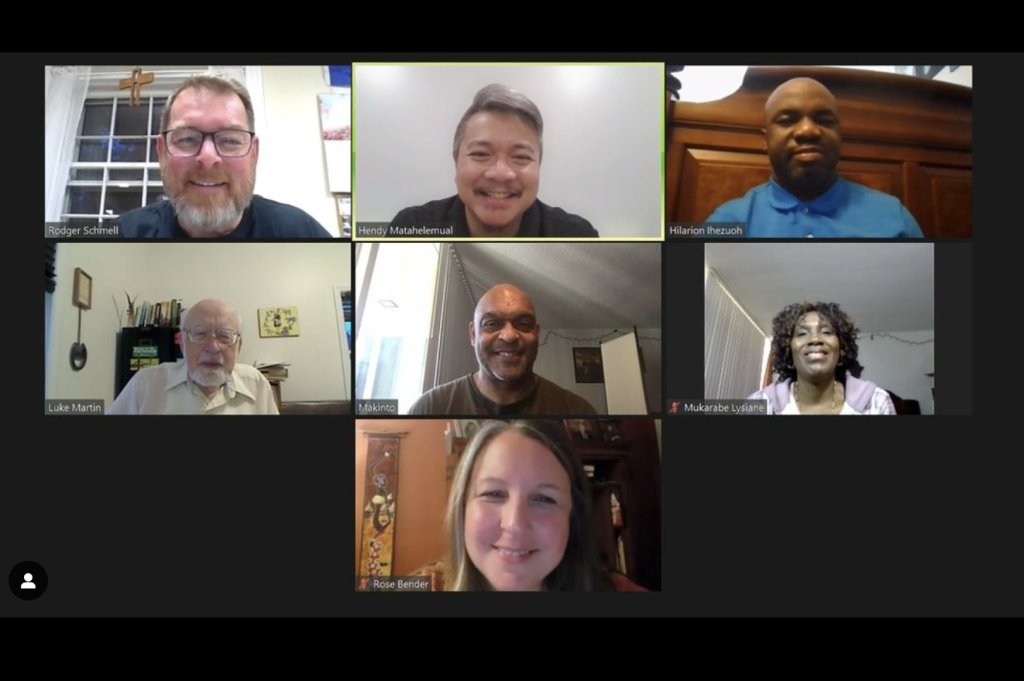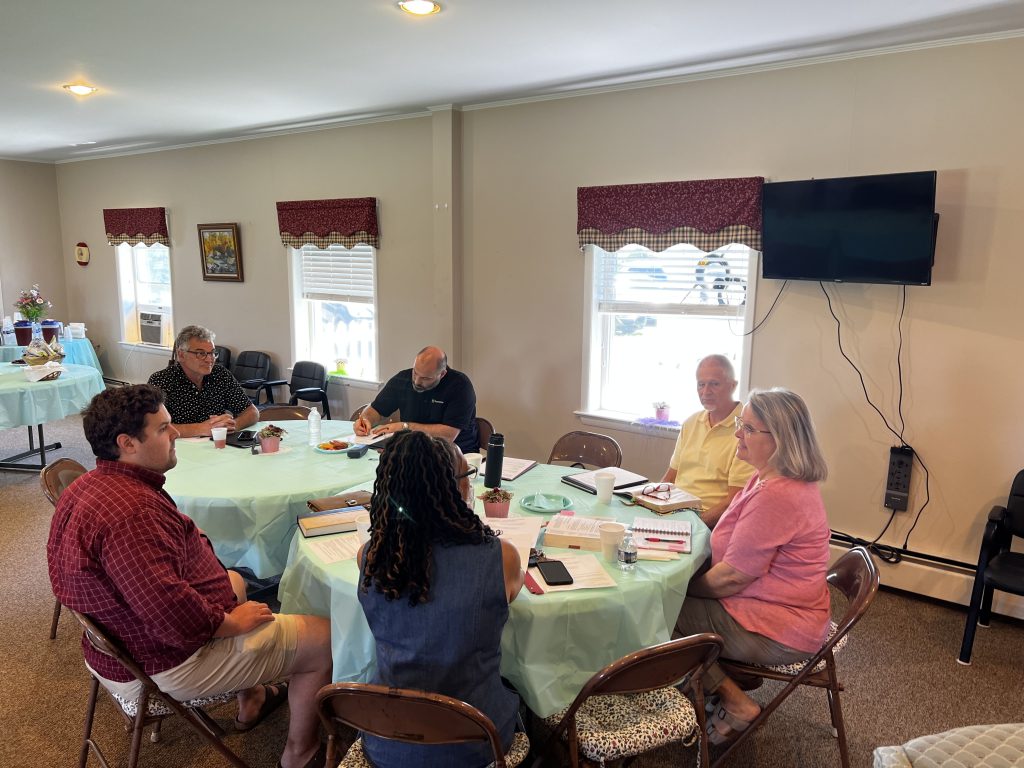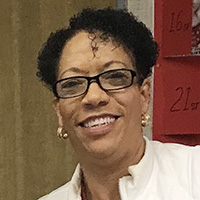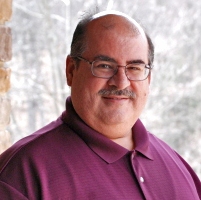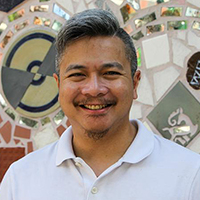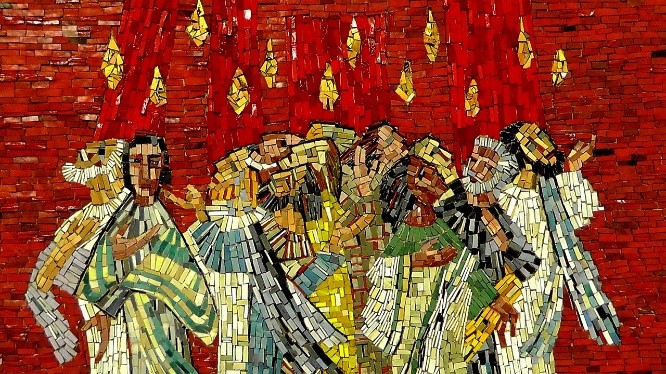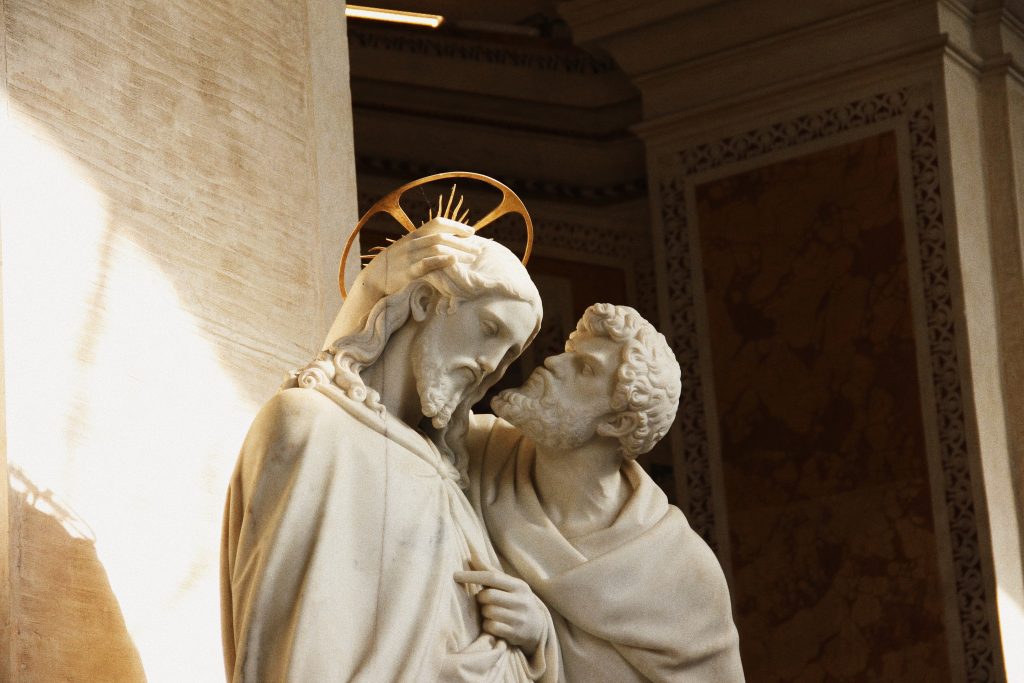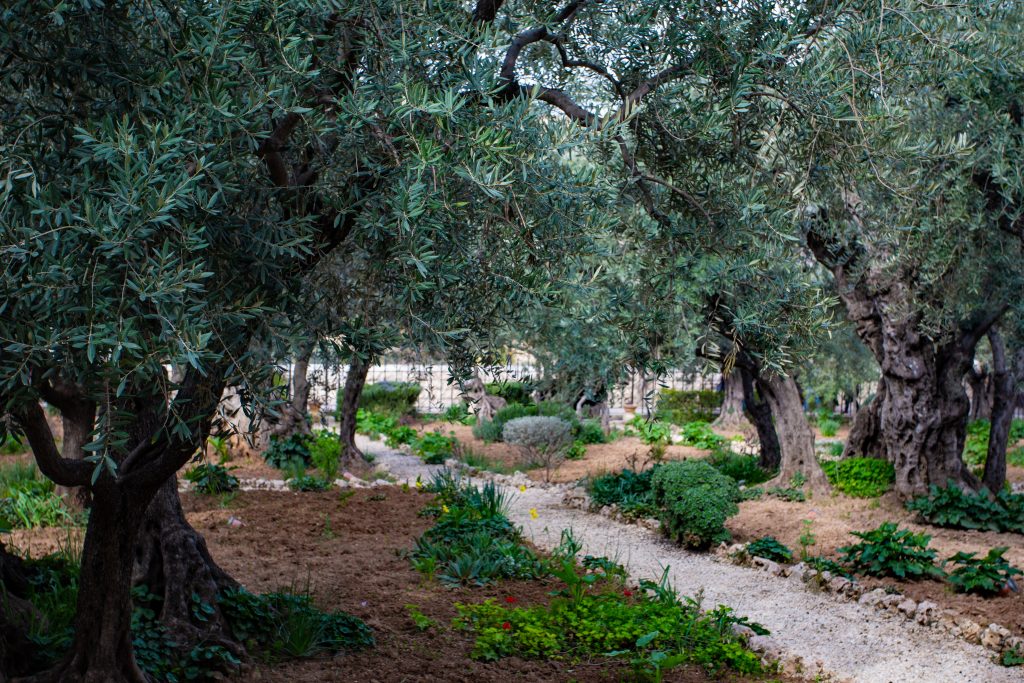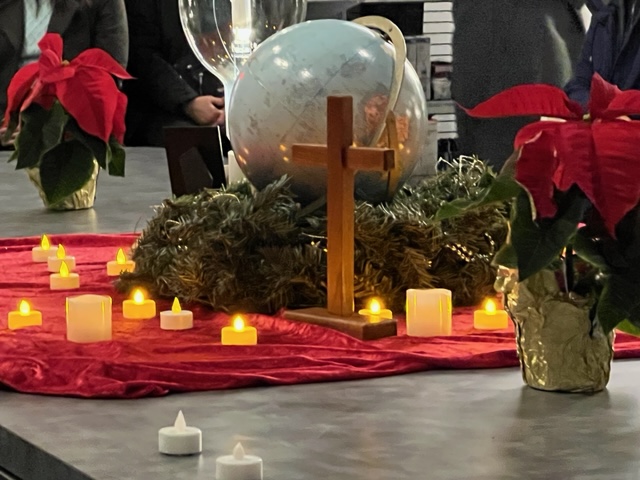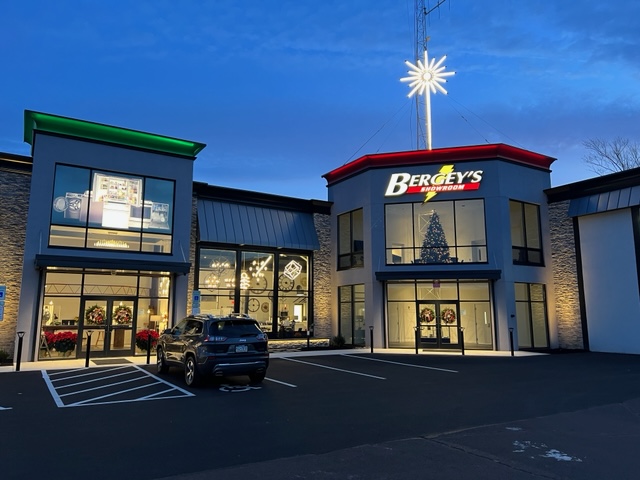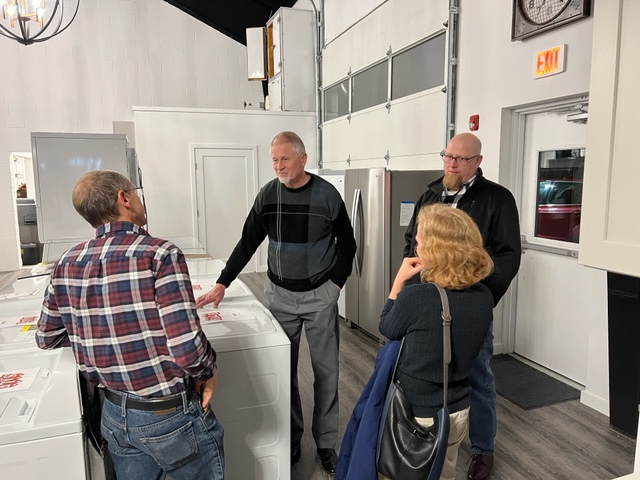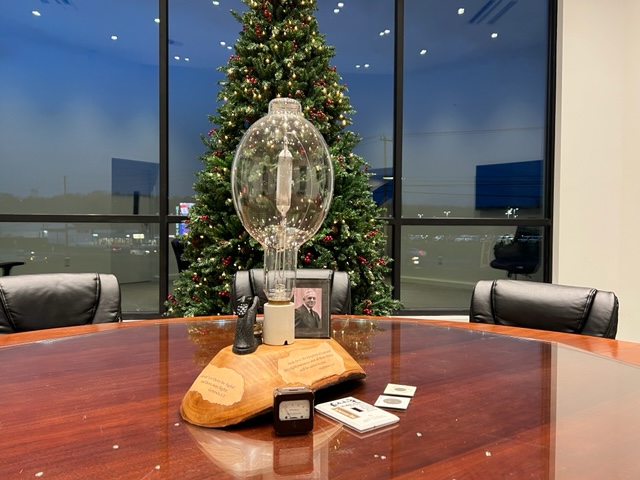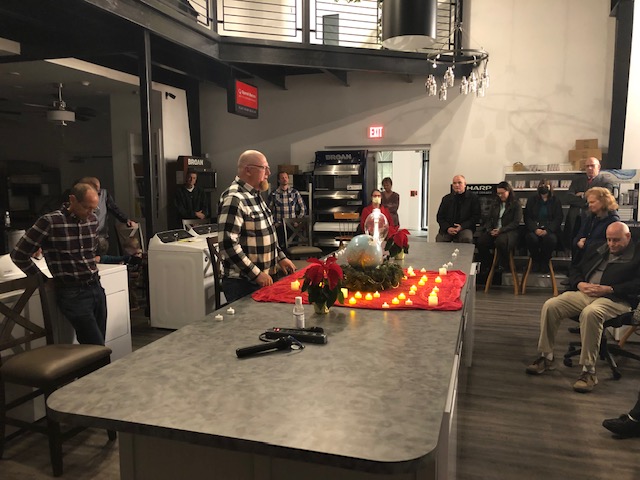by Noel Santiago, Leadership Minister

“While it seems like a distant memory, it was just six months ago (Aug. 2023) that Boyertown (PA) Mennonite (BMC) began to make a final discernment as to whether we would simply continue to function as a small congregation with a part-time pastor, or if we would entertain the concept of merging with another congregation in the Boyertown area using the BMC church facility as the new entity’s ministry location,” shared the report of Walt Morton, merger process mediator and coach for Boyertown, on Jan. 29, 2024.
The congregation sensed God’s leading to merge with another local community congregation who also had a heart for ministering to the people of the Boyertown community. That congregation was 2/42 Community Church, a nondenominational church, whose pastor is Bryan Raught.
“On April 28, 2024, both Boyertown Mennonite Church and 2/42 Community Church Members voted unanimously to merge into 2/42 Community Church, effective May 1, 2024,” reads the letter Mosaic Mennonite Conference leaders received from Boyertown Mennonite Church Council Chair Doug Kern, writing on behalf of the congregation. “As a result of this merger, as of May 1, 2024, Boyertown Mennonite ceased to exist.”
The process of discernment was an almost two-year intentional interim process led by Walt Morton, Intentional Interim Minister from Ohio. The process was heavily oriented toward relationally healthy conversations among congregants, which provided ample opportunities, options, and possibilities for discerning the sense of the congregation. It’s safe to say that when this process began, no one envisioned where it would end up.
The letter ends with a desire from the Boyertown Mennonite Church members expressing a desire to maintain a relationship with Mosaic Conference. Although no one quite knows what that might look like, we remain open to the further leading of God’s Holy Spirit.
So, as Boyertown Mennonite Church transitions to 2/42 Community Church, and continues to carry on the work of God’s Kingdom in this new way, we offer this prayer of blessing for her leaders, people, and ministries:
Gracious and loving God, the builder and sustainer of the Church,
We give thanks for your Spirit and your people at Boyertown Mennonite and 2/42 Community Church.
We give thanks for the challenging work that the Boyertown Mennonite has engaged in these past several years, with transparency, vulnerability, difficult, and sometimes painful conversations, yet also with hope, possibilities, and a view toward a new horizon.
We ask that as Boyertown unites with 2/42 Community Church, your Spirit would bless this joining together as one. That all you have done historically in and through Boyertown Mennonite would be multiplied to that which you have done and are doing in and through 2/42 Community Church so that your kingdom rule and reign may be further established and expanded.
Thank you for the blessing that Boyertown Mennonite has been to Franconia and Mosaic Mennonite Conference over these many years. May all that continues to be said and done, bring you honor, glory, and praise we pray in Jesus name, Amen!

